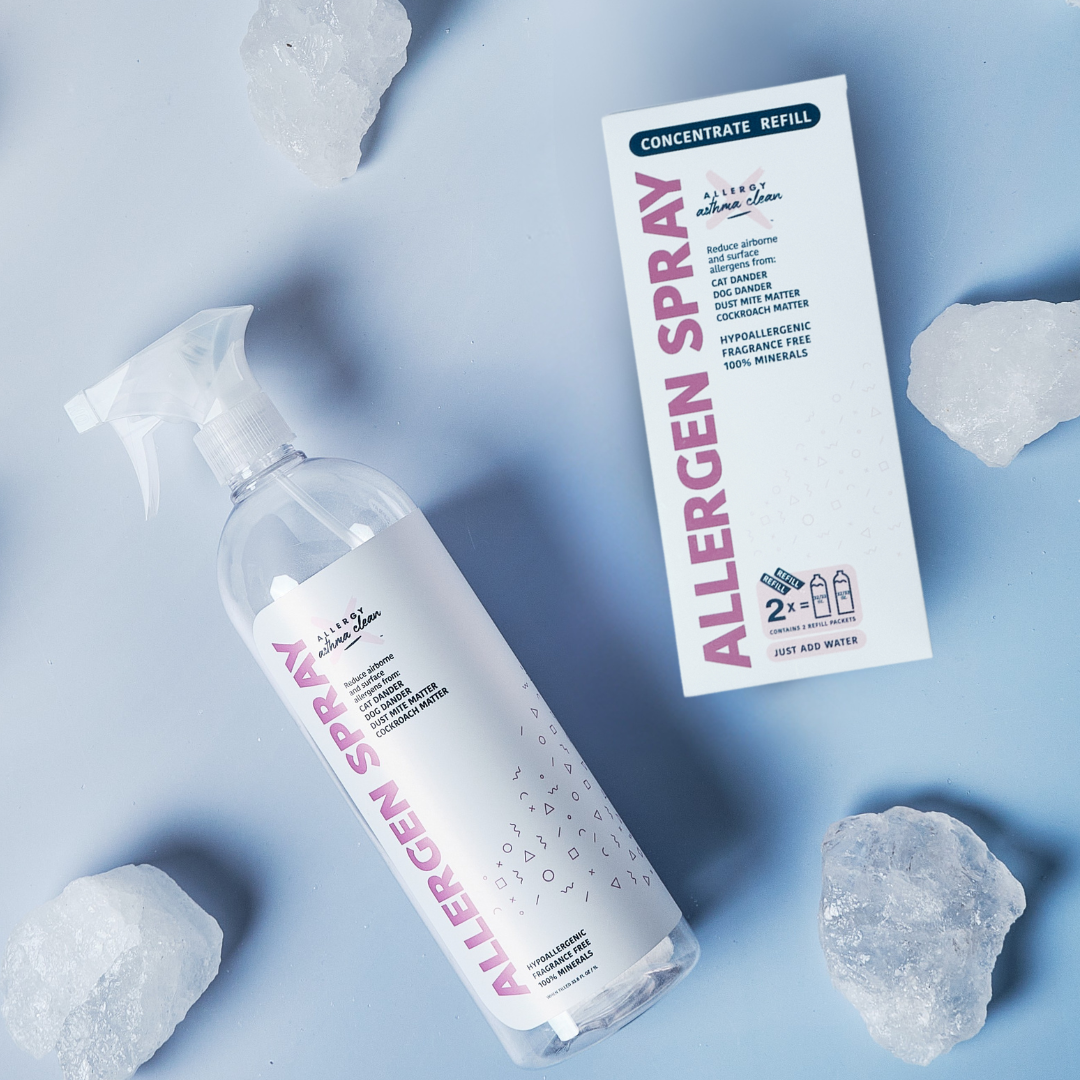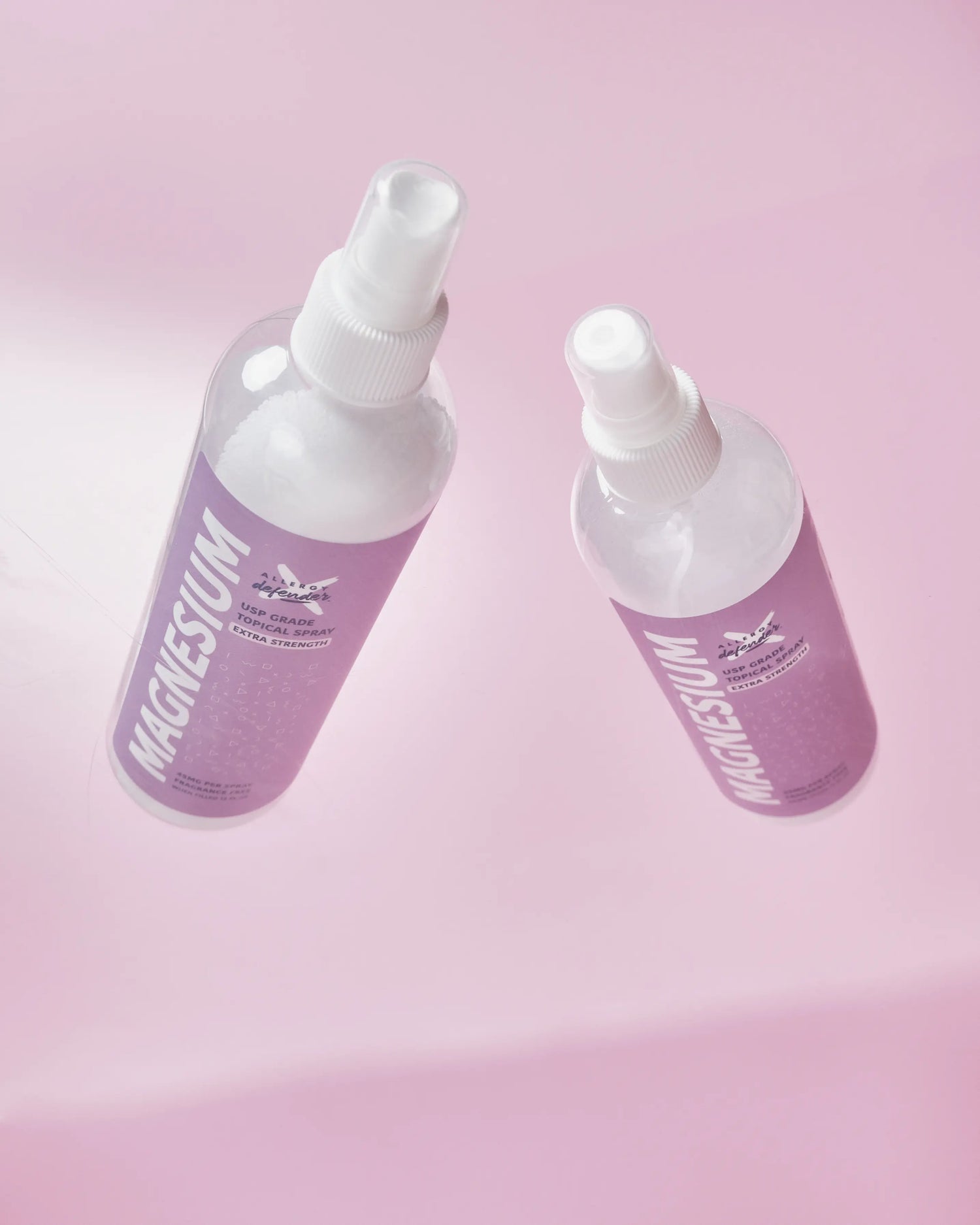What is Cat Dander?
Cat allergies are triggered by the body's immune system overreacting to proteins found in a cat's saliva, urine, and dander (tiny flecks of skin shed by cats). The primary culprit behind cat allergies is a protein called Fel d 1, which is produced by the sebaceous glands in a cat's skin. As cats groom themselves, this protein gets deposited onto their fur and subsequently becomes airborne as small particles, easily inhaled by susceptible individuals. “Allergies to cats are the most common animal‐origin allergy, and affect approximately 1 in 5 adults worldwide".1










